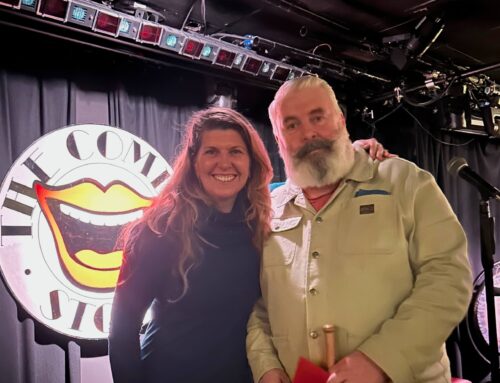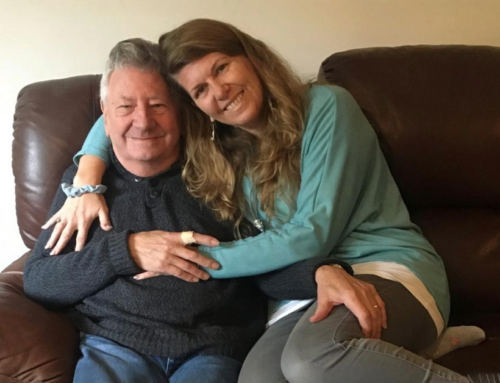On paper, Sarah looked like the ideal candidate for the demanding role the bank needed to fill. She had moved determinedly upwards in her career in finance and now had a string of successful and impressive projects behind her. John had favoured her application before even meeting her and was excited about the interview.
When Sarah was in front of the panel though, she appeared somewhat different from John’s preconception of her. She was quietly spoken and thoughtful – not at all the dynamic, animated Sarah of John’s imagination. Her answers and ideas, however, were innovative as well as considered and she was given the job of Director of Current Accounts.

Over the first few weeks of Sarah being in role, John found himself flummoxed by his newest recruit. Though her contribution was unquestionably excellent, with exciting project ideas and fresh ways of working, she didn’t seem to be part of the gang at work. John decided to encourage her out of her shell by asking her questions in meetings to get her involved, chatting to her at lunchtimes and inviting her along to after-work drinks with her colleagues. Whilst Sarah would always be polite, she didn’t reciprocate in the way that John had hoped she would and it began to irritate him.
The more Sarah excused herself from social activities or evaded questions about her personal life, the more John’s nerves were pinched. He began to assume that Sarah was holding back on purpose because she felt she was better than the rest of her colleagues. He became convinced that Sarah was judging him too and felt himself becoming increasingly tetchy towards her.
—-
Sarah was thrilled to get the job at the bank but the first few weeks had been exhausting. Although she liked her new manager, John, she found his constant cajoling really difficult to deal with. Sarah knew she had a naturally introverted nature and had consciously spent time on making this work in sociable office environments. She knew that she needed space away from the ‘talk’ to go inside and find creative ways to move forward on projects or solve problems, and had devised strategies to give herself this space, alongside working as part of a team. In her previous job this had worked well but here, every time Sarah was alone, John would bounce up to her and try to engage her in small talk or pester her to come out after work.
Sarah was frustrated. She knew she was good at her job, she worked hard on joining in when it was necessary and she went along on a handful of evenings out, but it never seemed to be enough for John – it was as though he wanted her to be a different person. After a short while, this began to grate on Sarah. Just because John was friends with everyone didn’t mean that Sarah had to be too. She worked hard on being more sociable than she was naturally inclined to be and she liked her colleagues, but she didn’t want to be with them all the time, and it affected her work and her emotional state if she didn’t get enough alone time.
One day, Sarah went into work and was unsurprised to see John coming towards her, in full ‘chat’ mode. But this was different. John explained that he had been given a corporate place on a War to Peace workshop and had spent the day reassessing relationships in his life of all different kinds. He confessed to Sarah that he had been struggling to understand her and that the workshop has helped him to realise that he had been unconsciously assuming that other people had pretty much the same world view as he did. Sarah found herself smiling as John explained how obvious it was to him now that his way of looking at things clearly very different to hers and it was this that had been causing him difficulty, not her! In that flash of clarity, John had realised that the root of his miscommunications with both his sister and Sarah had been that they didn’t react to the world the way that he did and that had confused him. John apologised for coming across as overbearing and asked Sarah how he could best support her in her need for space.
A few weeks later, John got in touch to tell us that, now they understood each other better, not only were he and Sarah working together very effectively, his experience of seeking to understand her and learning to perceive her differently meant he was getting on much better with his introverted sister too.
Over to you
- What happens when you stop assuming that others share your world view?
Do you know someone who could benefit from War to Peace?
If you, or someone you know, would love to spend more time at Peace this year, our next open-access War to Peace workshop is on 16 October. Spaces sell out quickly, especially our reduced priced tickets, so if you would like to attend, do book yours today.
P.S. Pass it on!
Found this useful? Then please share this article using the icons below and do leave us a comment.
What happens if you stop assuming that others share your world view?
Please leave your name and email address at the top or bottom of this page to receive more articles like this.
©Halcyon Global 2015







I smiled at the synchronicity of receiving this email. Today, when completing my gratitude journal, I received the following quote:
“The kindest thing you can do for someone is listen without forming an opinion”
It seemed apt to share it here!
It is surprising how often we make someone else the problem if they don’t see things our way. They are unique, just like us and are entitled to their own way to do things. John’s story highlights the pitfalls of forgetting this.
Thank you so much for sharing this post. I can really relate to the Sarah in this story. As an introvert myself, I’m often caught justifying my overwhelming desire for ‘me time’ to others. Thank you for this timely reminded that John’s world view is just as valid and that acceptance of others is the healthy way forward.
What a great bottomline summary of the post Lisa! Thank you and glad you found it helpful.